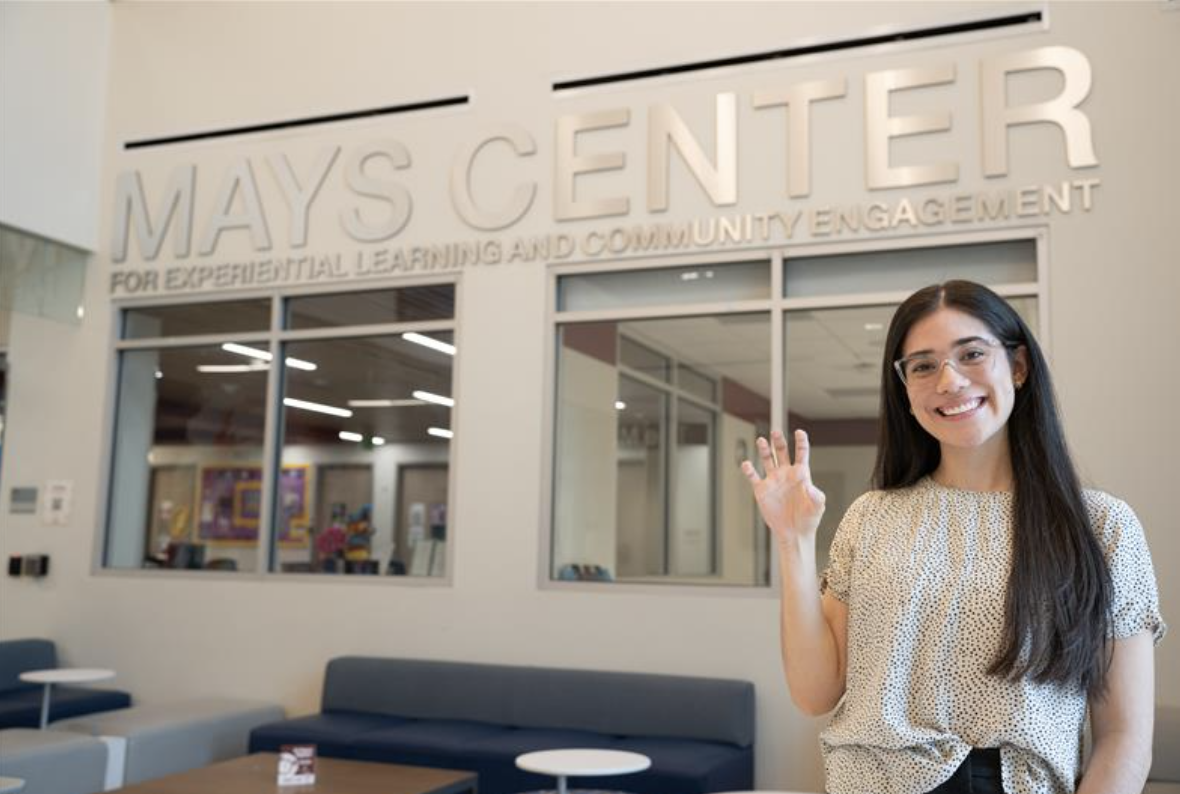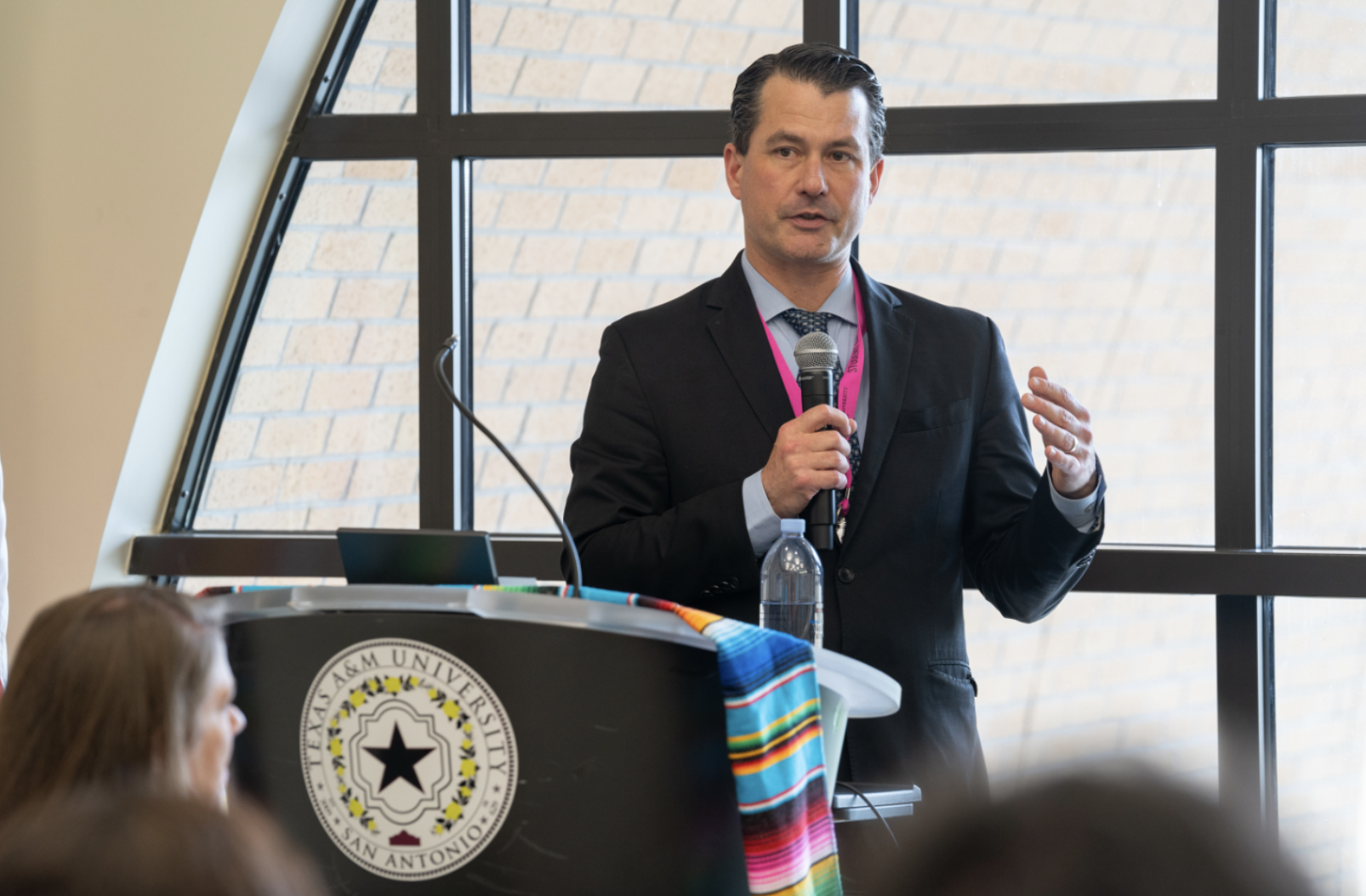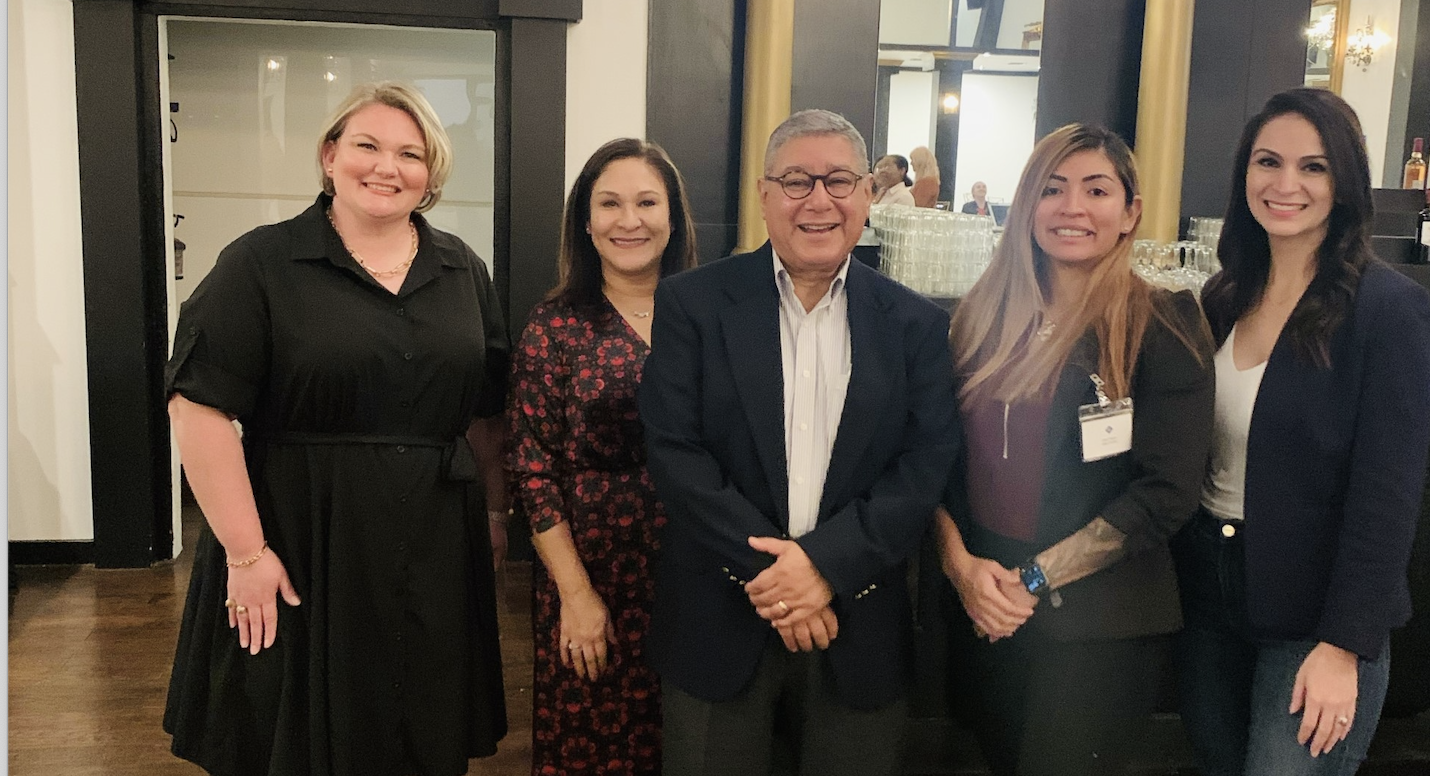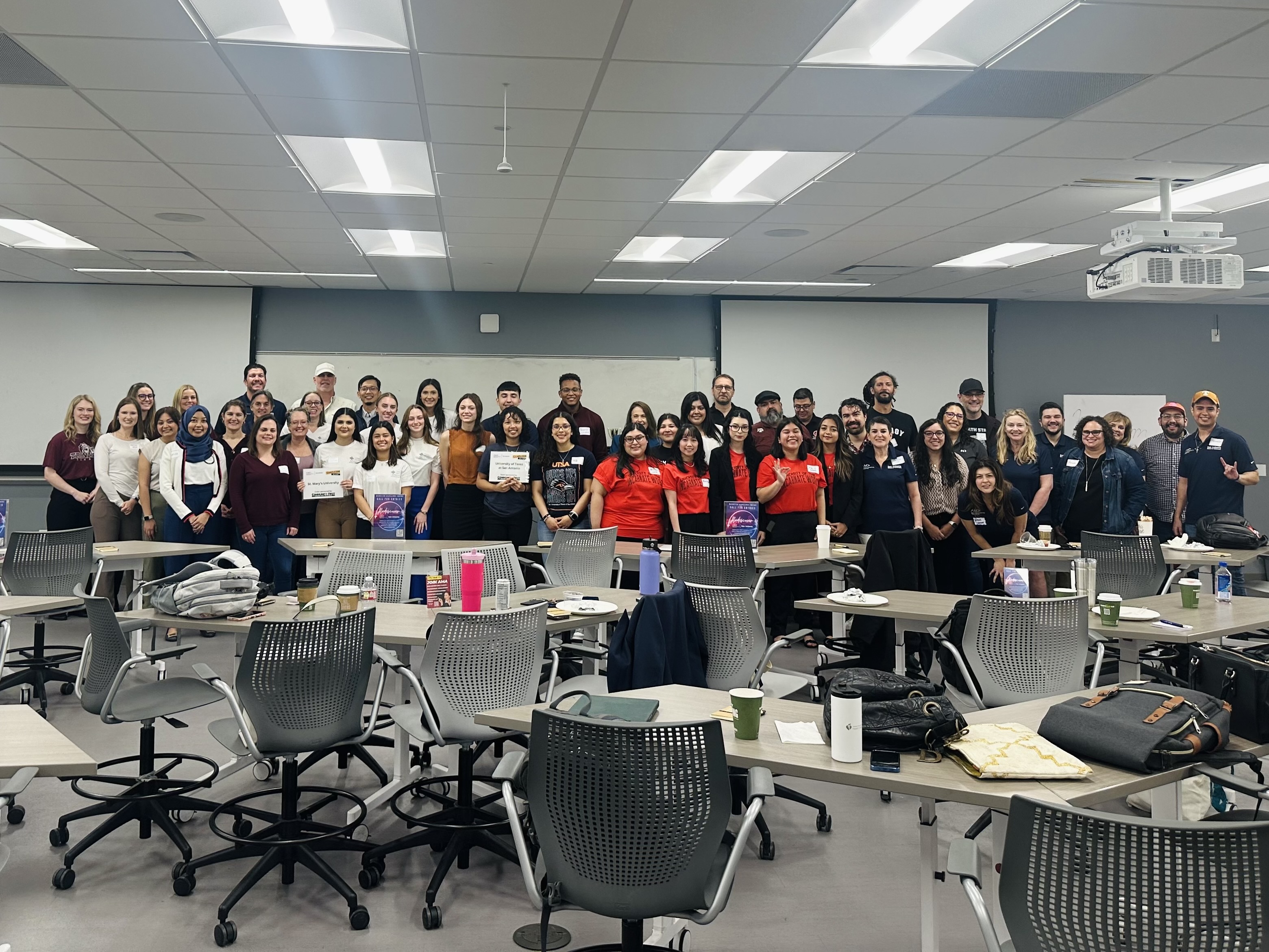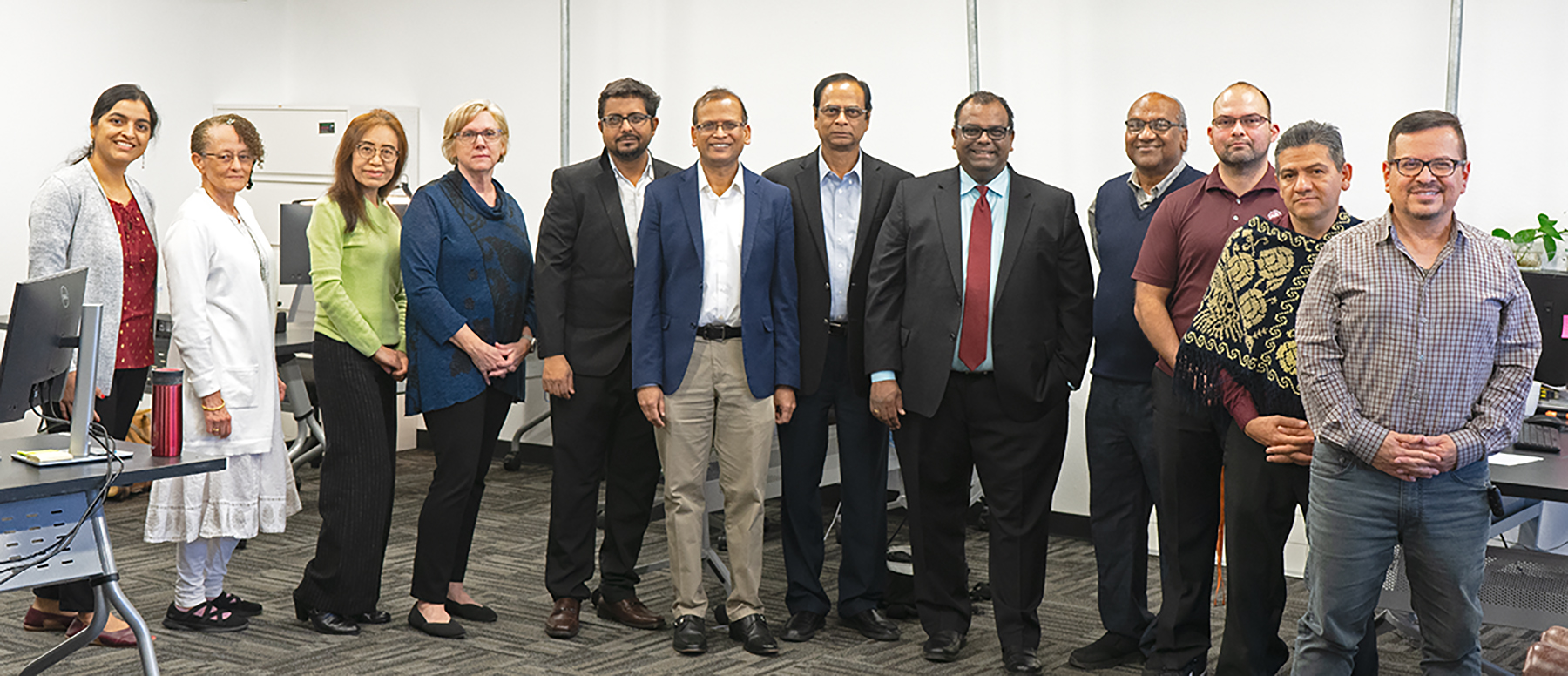The “SmartSAT” project represents a breakthrough accomplishment for the University.
Numerous traffic studies have assessed how many cumulative days and weeks each year the average commuter spends behind the wheel of a personal vehicle, but how long do most public transit users spend waiting for the bus?
A&M-San Antonio College of Business Associate Professor Jeong Yang, from the Department of Computing and Cyber Security, will serve as project lead for a nearly $300,000 National Science Foundation grant (plus $24,000 for Google Cloud Credits) to create a secure mobile app that provides users with accurate information about transit service. The tool will also enable data collection to evaluate the impact of poverty, race, and ethnicity on the experience of transit users. Rounding out the collaborative interdisciplinary research team—representing sociology, computer science, cyber security, and information science—are A&M-San Antonio professors Young Lee, Izzat Alsmadi, Mohammad Abdel-Rahman, Daniel Delgado, and Lo’ai Tawalbeh.
The “Building a Smart Mobility Network for the San Antonio Transit to Improve Transit Service and Social Impact (SmartSAT)” project represents a breakthrough accomplishment for the University. Most CISE (computer and information science and engineering) grants are typically awarded to well-established major research institutions, said Yang.
The SmartSAT app will be customizable and will include real-time bus arrival information, notices when seating is limited, instant alert messages for schedule changes and other important information, and interactive features to directly collect data from riders about their commute experience, explained Yang. “We anticipate that SmartSAT will ultimately improve San Antonio network infrastructure and connect more workers to jobs and workforce training, more students to educational opportunities, and more residents to social and leisure activities,” said Yang.
In compiling background data for the project proposal, the team found that 67 percent of VIA Transit users fall below the poverty line. Among the objectives of SmartSAT are to positively impact the lives of public transit users, specifically, minority communities and lower-income earners who make up most VIA Transit users, notes Yang. She and the team also hope the built network can serve as a model for similar metropolitan areas in advancing the mobility of public. All services of the SmartSAT app will be available in both English and Spanish and will be systematically tested for all aspects of security attacks and to protect rider data privacy and authentication.








